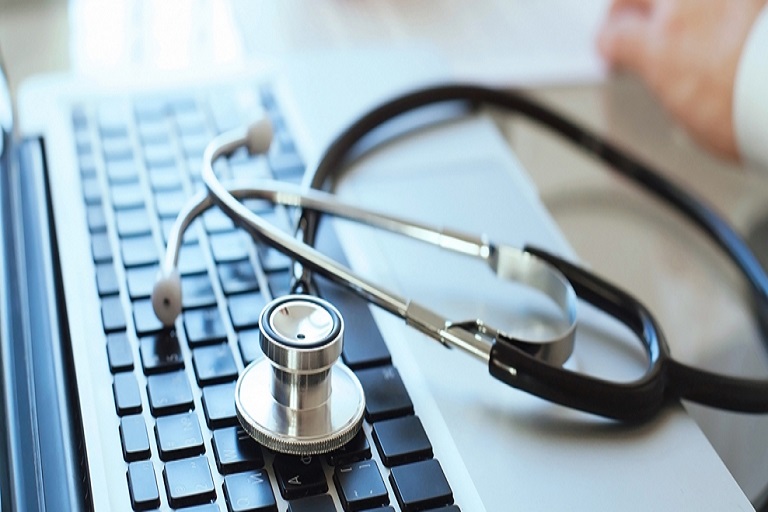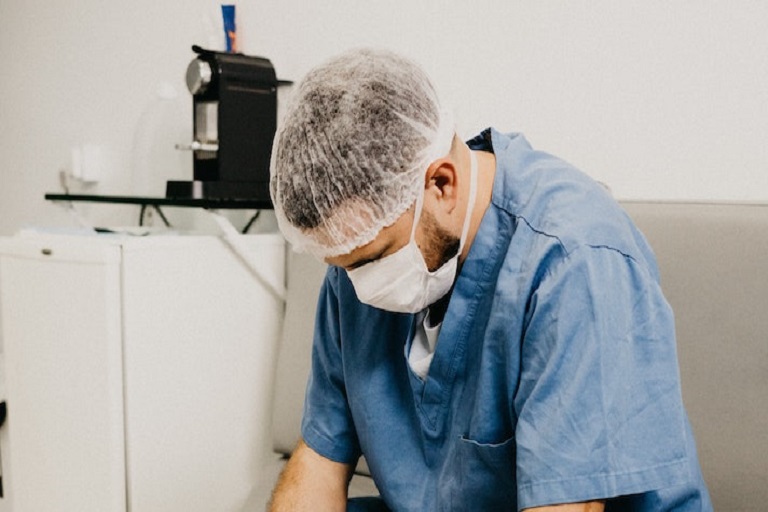Epidemiologists have warned that a second wave of COVID-19 is on its way. In fact, in some countries, it’s already here. When coronavirus cases begin to grow in early spring, health systems were forced to pivot quickly – sometimes within a matter of days – to allocate scant resources and implement new technologies and workflows. Now, experts say administrators have the chance to start preparing for the next spike.
Manage supply chains effectively
“COVID has taught us a lot, particularly around bandwidth and supply chain,” said Gordon Krass, CEO of inventory-management-system vendor IntelliGuard. “We learned how fragile the supply chain is, particularly for critical items like personal protective equipment and ventilators,” Krass continued. Now, Krass said, many hospital executives are looking toward medication supply chains as other potential weak points.
“The medication supply chain is fragile,” said Krass. “It doesn’t have a strong infrastructure.” One problem, he said, is the technology hospitals use to record medication use around health systems. Currently, hospitals rely on bar coding and manual counting to track drug circulation. When it comes to COVID-19 treatment, Krass said, this could mean hospitals aren’t up-to-date on which medications are available in their own facilities. “Because of the nature of the virus causing a big increase in ventilated patients, you need a certain number of drugs in order to intubate those patients,” Krass said. “There was a big spike in the demand for these drugs.”
If a hospital department were to need more medications, Krass said, “They don’t have the visibility of what drugs are in the operating room, or what’s in [the Labor and Delivery ward]. You have to get on the phone and call somebody.” Krass proposed radio-frequency identification technology for medication, such as IntelliGuard offers, as a potential solution. Tagging drugs with RFID, he argued, would address problems with medication flow around the hospital and allow providers to tie distributions directly to a patient’s electronic health record.
Although he acknowledged that the tracking tools wouldn’t help to address supply chain problems upstream, he said that other tools such as “smart cabinets” could allow providers to stockpile potentially in-demand medication without shouldering the burden of a consignment fee or carrying costs. “If you can tag a nail clipper with RFID technology,” as many big-box stores do, “you can do it for medication,” he said.
Keep telemedicine tools easy to use
At the ATA2020 virtual conference held this week, Avera eCARE Quality and Innovation Officer Mandy Bell said one lesson the telemedicine vendor had taken from the first wave of the coronavirus crisis was to “keep the telemedicine tools easy to use.”
“We had to be able to work with patients of all technical abilities, and with providers and clinicians who maybe had never used telehealth before,” Bell said. During a session in conversation with VitalNet Chief Medical Officer Rob Kolodner, Bell said that it’s important to be nimble and to work with existing equipment and technology, if possible. As health systems around the country turned to Avera for help with rolling out telemedicine care for COVID-19 patients, Bell said, “We had folks driving to the local Walmart and Best Buy to snatch up as many iPads and tablets as they could.”
“The beauty of telemedicine is being able to use that available technology,” she continued.By keeping implementation lean, she said, health systems could “hit the ground running” with telemedicine care.Avera set up help desks and channels for support so that patients and providers had a place to turn if they needed help. The “number-one lesson learned was flexibility about being able to adapt to where the patient was at in terms of technological savviness,” she said.
























